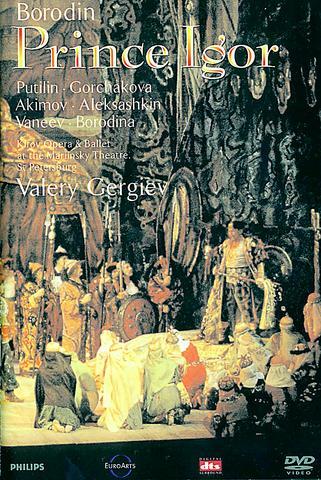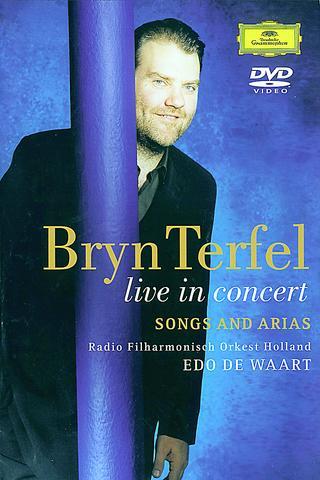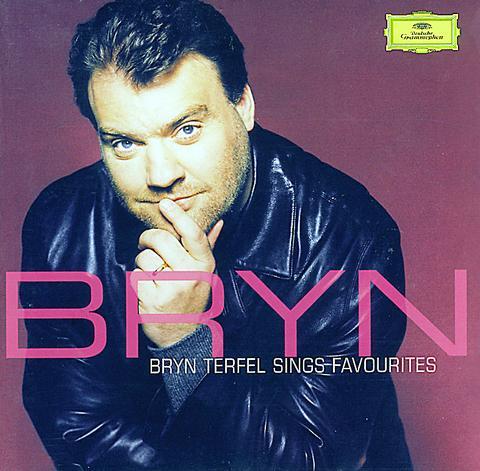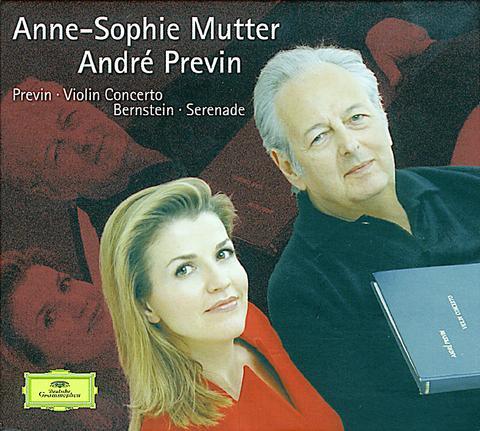Opera on DVD continues to go from strength to strength. The close-up views of singers and sets, the particular convenience of subtitles in the language of your choice, and the ability to watch highlights over again, together prove an irresistible combination.
BORODIN: Prince Igor
Live at Marinsky Theater, St. Petersburg,

Kirov Orchestra, Ballet and Chorus,
Gergiev (conductor), Putilin, Gorchakova
Philips DVD 074 173-9

The 19th century Russian composer Alexander Borodin was a chemist who wrote music in his spare time. The Russians were then particularly enthusiastic about establishing their national identity and stage spectaculars featuring the founding events of their history were very fashionable. It was in this context that Borodin embarked on his Prince Igor, a grandiose account of the Russian campaign in the 12th century against the flamboyant Polovtsian Tartars.
What with his chemistry and his involvement in an embryonic Russian feminist movement, it's not surprising Borodin never completed the work. But two younger luminaries, Nikolai Rimsky-Korsakov and Alexander Glazounov, between them re-wrote, orchestrated and freely composed additional scenes and linking passages. The version that resulted held the stage for 100 years. But now, in a new Russia pursuing its own campaign, this time against the Chechens, a new Prince Igor has been deemed appropriate. Valery Gergiev, the country's leading opera and ballet conductor, has taken up the challenge, and here we have a pair of DVDs showing the result -- far more faithful, it's claimed, to Borodin's intentions.
The theme of the opera is a mixture of Russian chauvinism and reconciliation. Russia's Prince Igor is captured by the Polovtsians, but their leader, Khan Konchak, is a generous-hearted, if rather gross, individual. Furthermore, Igor's son falls for Konchak's daughter, Konchakovna, suggesting that future generations will rise above their parents' rivalry -- or, if you prefer, that the Polovtsians will eventually be happy to be integrated into the Russian motherland.

Whatever you think of that, musically and visually the result is outstanding, a genuinely strong and vigorous Igor. Of the soloists, Galina Gorchakova as Yaroslavna, Sergei Aleksashkin as her dissolute brother Vladimir, Olga Borodina as Konchakovna, and Nikolai Putilin as Igor are most notable. The staging is traditional but nonetheless full of color and evocative splendor. The costumes are especially magnificent. Most interesting of all is the resurrection of Mikhail Fokhine's original Ballets Russes choreography for the famous Polovtsian Dances (which conclude the first disc). These are outstandingly well done. The other highlight is Act 2, Scene 2 (the second scene on the second disc), a tremendously powerful scene between Yaroslavna and Vladimir, followed by the dramatic arrival of the venerable boyars. There are many other splendors too and only the comic interludes with the two gudok players are a bit tiresome. The whole opera lasts over three hours, but once you start watching it's hard to stop. Collectors of opera on DVD will snap it up, but few who buy it on the chance they might like it will be disappointed.
It's politically incorrect to an extreme degree, of course. The destruction of whole armies is seen as a mere inconvenience for both the leading protagonists. Even so, the opera is musically far more interesting than has often been assumed, and the wider audience these magnificent DVDs will give it can do nothing but good.
BRYN TERFEL: Live in Concert

Radio Filharmonisch Orkest Holland,
Edo de Waart (conductor)
DGM DVD 073 047-9
The Welsh baritone Bryn Terfel is spending more and more time blending classical and musical comedy traditions. He appears truly at home in neither, but rather in the "opera buffa" numbers that lie somewhere in between. In this concert, which ranges from Wotan's Farewell from Wagner's Die Walkure to numbers from Camelot and Man of La Mancha,the roles he seems easist in are Mozart's Figaro and Verdi's Falstaff. There's extensive interview material linked to every vocal track by XIF (Extended Interactive Feature).
One thought that strikes you while watching this Amsterdam concert is how young the players in Taipei's symphony orchestras are. The average age of the Dutch orchestra looks in the late 40s, whereas the Taipei Symphony Orcestra is crowded with players in their 20s. When people say the future of classical music lies in Asia you begin to understand what they mean.
BRYN
Bryn Terfel Sings Favourites
DGM 474 438-2
Terfel really goes too far on this CD in offering wearily well-worn items, with accompaniment syrupy or brazen as required. This will surely detract from his reputation as a serious singer. Even so, there are ways to engage in this exercise that will satisfy even the most fastidious, as Andrea Bocelli triumphantly demonstrated on his wonderful Sentimento CD [reviewed in Taipei Times 29 November 2002]. Terfel doesn't manage the difficult art of combining quality with popularity anything like as well. Bocelli makes an appearance on this CD (in a famous duet from Bizet's The Pearl Fishers) and with the sound of his voice the whole thing leaps into a different class. For the rest its Danny Boy, Abide With Meand Home Sweet Home. Come on, Bryn, give us a break! Show us what you're really made of!
PREVIN: Violin Concerto
BERNSTEIN: Serenade
Anne-Sophie Mutter, Andre Previn
DGM 474 500-2
Universal Music has invested in a big way in the Previn-Mutter marriage. Last month they gave celebrity treatment to the two playing together in Tango Song & Dance, and now we have Previn's Violin Concerto, a work which, he says, he can only imagine Mutter playing. It doesn't make for easy listening and you can easily understand why Universal has put the two artists' names on the cover in far large print than the titles of the works featured. The Bernstein Serenade, dating from 1954, is boisterous and somewhat more accessible, however.

May 26 to June 1 When the Qing Dynasty first took control over many parts of Taiwan in 1684, it roughly continued the Kingdom of Tungning’s administrative borders (see below), setting up one prefecture and three counties. The actual area of control covered today’s Chiayi, Tainan and Kaohsiung. The administrative center was in Taiwan Prefecture, in today’s Tainan. But as Han settlement expanded and due to rebellions and other international incidents, the administrative units became more complex. By the time Taiwan became a province of the Qing in 1887, there were three prefectures, eleven counties, three subprefectures and one directly-administered prefecture, with

It’s an enormous dome of colorful glass, something between the Sistine Chapel and a Marc Chagall fresco. And yet, it’s just a subway station. Formosa Boulevard is the heart of Kaohsiung’s mass transit system. In metro terms, it’s modest: the only transfer station in a network with just two lines. But it’s a landmark nonetheless: a civic space that serves as much more than a point of transit. On a hot Sunday, the corridors and vast halls are filled with a market selling everything from second-hand clothes to toys and house decorations. It’s just one of the many events the station hosts,

Among Thailand’s Chinese Nationalist Party (KMT) villages, a certain rivalry exists between Arunothai, the largest of these villages, and Mae Salong, which is currently the most prosperous. Historically, the rivalry stems from a split in KMT military factions in the early 1960s, which divided command and opium territories after Chiang Kai-shek (蔣介石) cut off open support in 1961 due to international pressure (see part two, “The KMT opium lords of the Golden Triangle,” on May 20). But today this rivalry manifests as a different kind of split, with Arunothai leading a pro-China faction and Mae Salong staunchly aligned to Taiwan.

Two moves show Taichung Mayor Lu Shiow-yen (盧秀燕) is gunning for Chinese Nationalist Party (KMT) party chair and the 2028 presidential election. Technically, these are not yet “officially” official, but by the rules of Taiwan politics, she is now on the dance floor. Earlier this month Lu confirmed in an interview in Japan’s Nikkei that she was considering running for KMT chair. This is not new news, but according to reports from her camp she previously was still considering the case for and against running. By choosing a respected, international news outlet, she declared it to the world. While the outside world